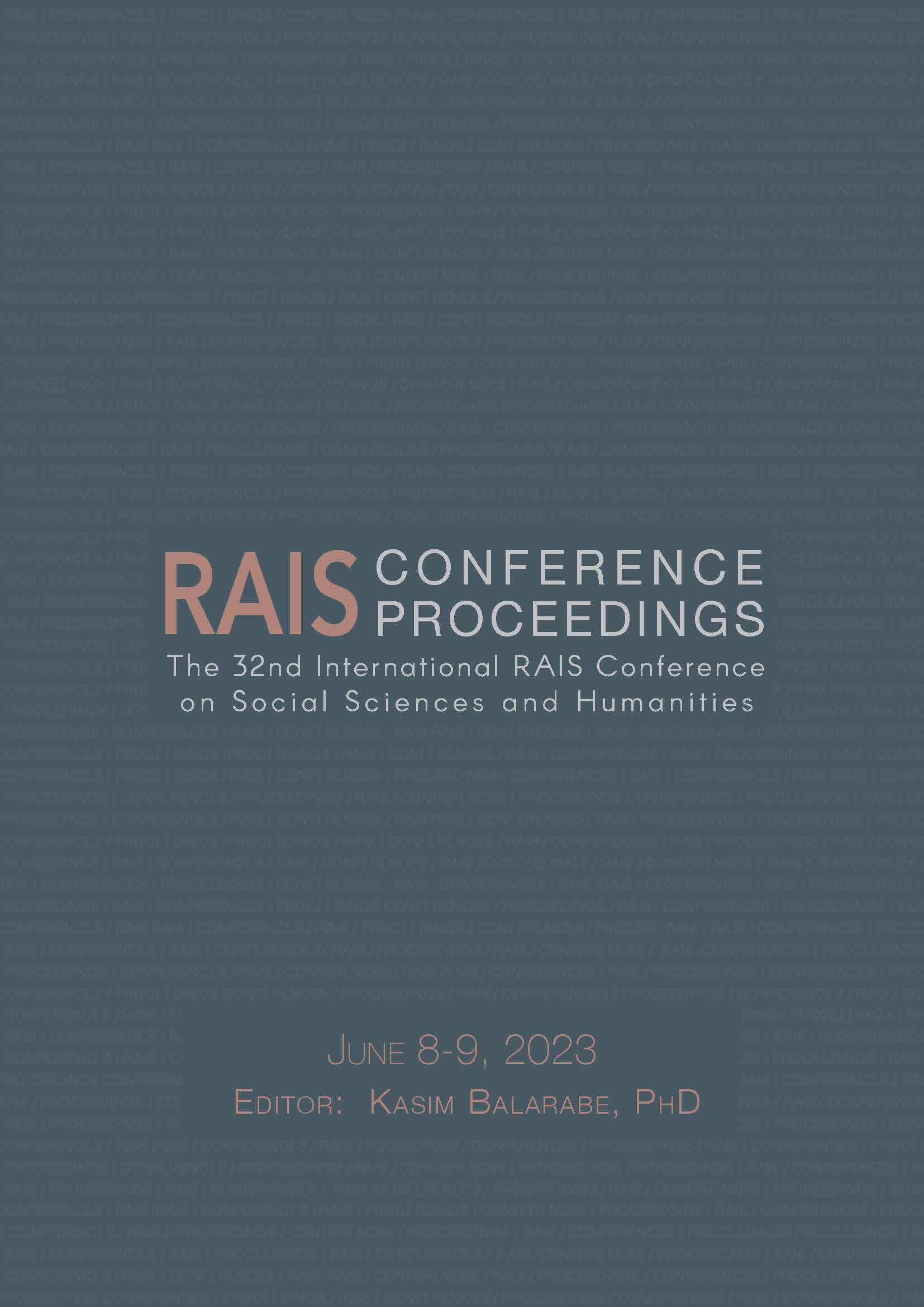The Effects of the Romanian Constitutional Court Decisions in the Extradition Proceedings between Romania and the United States of America
The Effects of the Romanian Constitutional Court Decisions in the Extradition Proceedings between Romania and the United States of America
Author(s): Simona Franguloiu, Nicoleta-Elena Heghes, Mihaela Pătrăuş
Subject(s): Constitutional Law, International Law
Published by: Scientia Moralitas Research Institute
Keywords: international judicial cooperation; extradition; exception of unconstitutionality; rights; extraditable person; judicial practice;
Summary/Abstract: The Romanian Constitution states in Article 147 that: “(1) The provisions of laws and ordinances in force, as well as those of regulations, found to be unconstitutional, shall cease to have legal effect 45 days after the publication of the decision of the Constitutional Court if, within this period, the Parliament or the Government, as the case may be, do not bring the unconstitutional provisions into line with the provisions of the Constitution. During this period, the provisions found to be unconstitutional shall be automatically suspended.” It follows that, in principle, the effects of these decisions are for the future, and within the period expressly provided for by the constitutional rule (45 days), the legislator is obliged to amend the legal provisions (provisions) declared unconstitutional, but also that during this period these provisions are suspended by law, i.e., they can no longer be applied. The phrase “for the future” also means that the decisions of the Constitutional Court apply to pending and final cases, as well as to any other future situations. The Constitutional Court itself, in its Decision no. 454/4 July 2018, has specified in recital 63 the effects of its decisions: “... unconstitutionality is a sanction of constitutional law that applies immediately to pending situations.” If an exception of unconstitutionality concerns a provision of the Framework Law on international judicial cooperation, namely Law No 302 of 2004 (republished in 2022), it is in the field of international judicial cooperation, a procedure governed by the Extradition Treaty between Romania and the United States of America, signed in Bucharest on September 10, 2007, and by the Framework Law, as a special law governing all international judicial cooperation in criminal matters, which is supplemented by the provisions of the Code of Criminal Procedure.
Book: Proceedings of the 32nd International RAIS Conference on Social Sciences and Humanities
- Page Range: 95-102
- Page Count: 8
- Publication Year: 2023
- Language: English
- Content File-PDF

